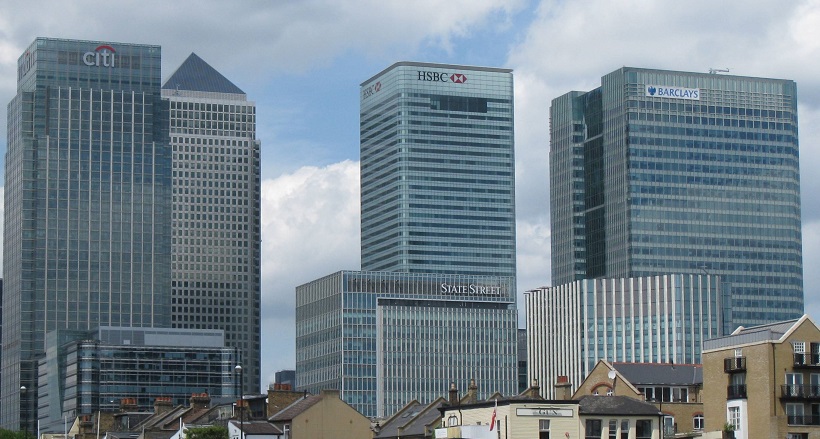The Hong Kong and Shanghai Banking Corporation (HSBC) was considering whether to move its international headquarters to Hong Kong; but after a thorough, 10-month review, the bank has decided against the move.
The HSBC decision provides a much needed boost to the East London district of Canary Wharf, known as a world-leading financial centre, after tougher, legally binding regulations and rising costs prompted some of the sector’s most prominent players to think again about their London location.
If HSBC had de-camped from London, it might have undermined London’s status as financial capital of the world.
The review of the bank’s position within Canary Wharf came after a number of high profile investors called for a move away from London following a tougher regulatory regime and a rise in bank tax after the financial crisis of 2008-10. Chancellor of the Exchequer George Osborne raised the tax from 0.156% to 0.21% in March 2015.
Releasing a statement about the bank’s future on Sunday night, a spokesperson for HSBC said: “London is one of the world’s leading international financial centres and home to a large pool of highly skilled, international talent. It remains therefore ideally positioned to be the home base for a global financial institution such as HSBC.”
It was estimated that a move to Hong Kong would have cost the banking corporation somewhere between $1.5billion and $2.5billion – a cost which surely influenced HSBC to stay where it is; especially when the recent deceleration of the Chinese economy means that the potential advantage of moving back to where the bank was founded is no longer as clear as first pictured. Another factor against relocation was the UK Treasury’s announcement that the annual banking levy would be reduced to 0.1% by 2021.
The chairman of HSBC, Douglas Flint, denied that the bank had used the possibility of re-location to bring pressure on the UK Government. He told BBC Radio 4: “We had no negotiation with the Government. The Government was very well aware of our view… But there certainly was no pressure put on, or no negotiation.”
Since the announcement, HSBC shares have risen sharply; on the Hong Kong exchange they rose by 2.9 per cent on Monday alone. Although bank share prices have been falling since April 2015, to levels almost 30 per cent beneath their peak, there have been suggestions that the HSBC announcement may mark the start of a long road back to market stability across the banking sector.
HSBC, which employs over 45,000 in the UK, has said that it would transfer 1000 high profile job to Paris, if the UK were to leave the European Union.
Photo by David Jones, available for use under the creative commons license




